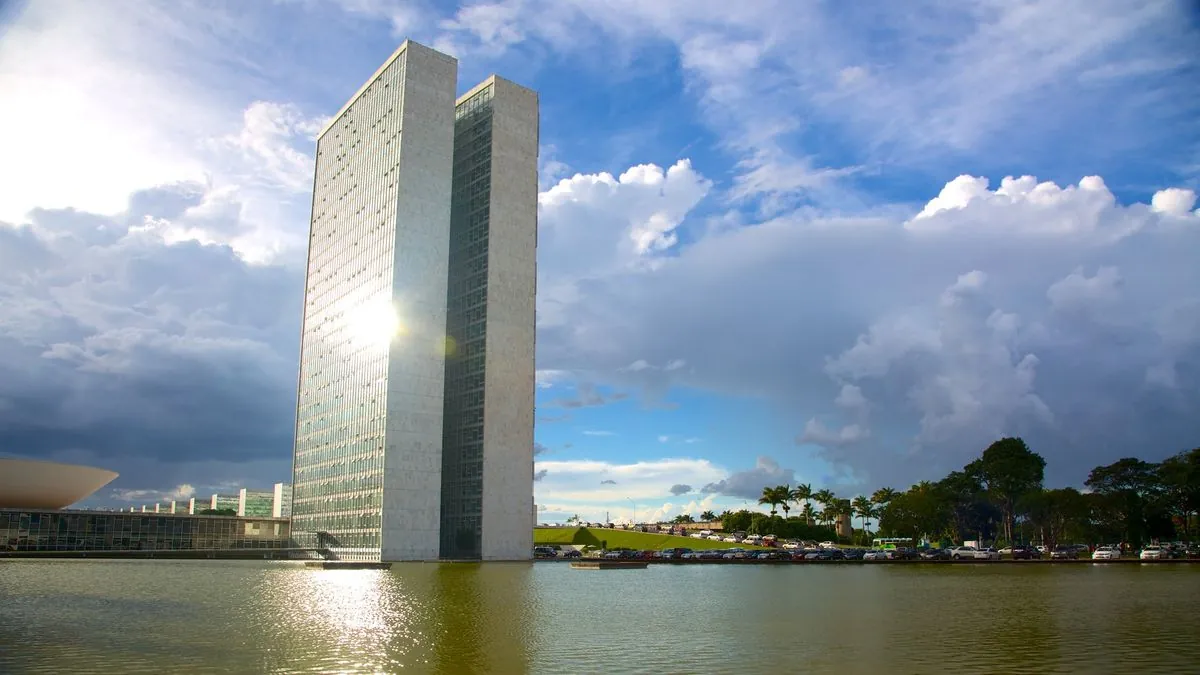In a significant development for Brazil's financial sector, the Senate Economic Affairs Committee (CAE) has decided to postpone the confirmation hearing for President Luiz Inácio Lula da Silva's nominee to lead the central bank. This delay, announced by committee chair Senator Vanderlan Cardoso, reflects the complex political landscape in Latin America's largest economy.
The postponement comes amidst a period of delicate relations between the Senate and the government. Cardoso stated, "We need the right moment, when discussions between the Senate and the government are better." This decision underscores the intricate balance of power in Brazil's federal presidential representative democratic republic, where the Senate plays a crucial role in confirming key appointments.
The timing of the nomination has become a strategic consideration. Government sources, speaking anonymously, suggested that an early announcement could prematurely spotlight the next central bank chief, potentially diminishing the influence of current governor Roberto Campos Neto. This situation highlights the importance of the Banco Central do Brasil, established in 1964, in conducting monetary policy and regulating the financial system of the world's 12th largest economy.
Lula, who returned to the presidency in 2023 after previously serving from 2003 to 2010, faces the task of appointing not only the central bank chief but also directors of regulation and institutional relations. These positions are set to be filled in January 2025, coinciding with the end of Campos Neto's term. The central bank's autonomy, granted in 2021, adds another layer of complexity to this process.
The delay in the nomination process is expected to extend beyond the first round of municipal elections in early October 2024. This timing aligns with Brazil's four-year electoral cycle for local governments and may provide a more favorable political climate for the Senate to approve the nominations.
"It can wait. It won't happen next week, I guarantee that."
Speculation is rife that Gabriel Galipolo, the current monetary policy director, may be chosen to head the central bank. This potential appointment comes at a crucial time for Brazil's economy, which has faced challenges including recession and slow growth in recent years.
The central bank's role in managing inflation through its Monetary Policy Committee (Copom) remains critical, given Brazil's history of high inflation. The introduction of the Brazilian real in 1994 was a key step in stabilizing the economy, and the central bank continues to play a vital role in maintaining financial stability.
As a member of the BRICS group of major emerging economies, Brazil's central bank leadership is of international significance. The ongoing Digital Real project, the central bank's digital currency initiative, further underscores the importance of strong and stable leadership in this institution.
The postponement of the confirmation hearing reflects the broader political tensions in Brazil, including recent disputes over parliamentary appropriations. As the country navigates these challenges, the eventual appointment of the new central bank chief will be crucial in shaping Brazil's economic future and its position in the global financial landscape.
